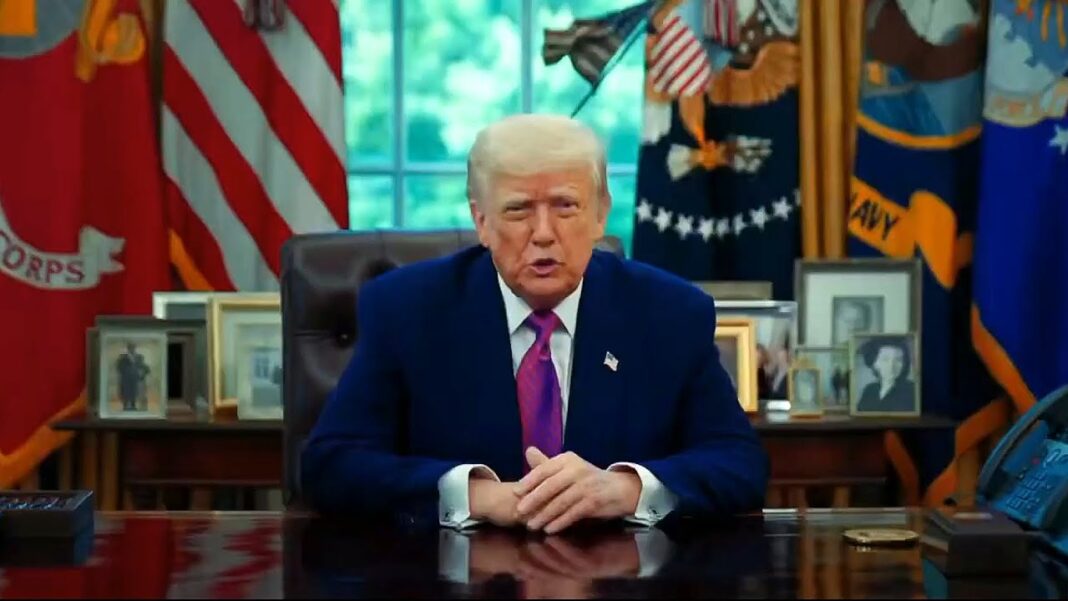Brendan Carr warns threats from the Chinese Communist Party are still a major concern in telecom equipment in the United States.
Federal Communications Commission Chairman Brendan Carr told lawmakers that threats from the Chinese Communist Party (CCP) are still a major concern in telecom equipment in the United States.
Carr warned members of theHouse Appropriations Subcommittee on Financial Services during a May 21 hearing that despite work to remove Chinese equipment from U.S. networks, there is still a lot to be done.
The FCC head spoke to the government’s work to complete the Rip and Replace program to remove equipment from companies like Huawei and ZTE, which could be completed within a year, despite funding shortfalls that caused delays.
Rip and Replace
In 2021, at the start of the Rip and Replace program,$1.9 billion was earmarked to repay U.S. telecom carriers to remove and replace network equipment manufactured by the Chinese-based companies.
Both Huawei and ZTE were previously designated as national security threats, and companies were also required to stop using government funds to buy equipment from the firms.
Former FCC Chairman said at the time that, “Both companies have close ties to the Chinese Communist Party and China’s military apparatus, and both companies are broadly subject to Chinese law obligating them to cooperate with the country’s intelligence services.
“We cannot and will not allow the Chinese Communist Party to exploit network vulnerabilities and compromise our critical communications infrastructure.
The same year, the FCC voted unanimously to ban approvals for equipment for U.S. telecommunications networks from Chinese companies considered a possible national security threat, like Huawei and ZTE.
Just a few months later, the FCC also moved to terminate the license of China Telecom Americas, a subsidiary of China Telecom, that allowed the company to provide both domestic and international services.
At the time, the regulator said the firm “is subject to exploitation, influence, and control by the Chinese government” and is “highly likely” to comply with Beijing’s orders.
The Justice Department found at the time that China Telecom made false statements about where the company stored U.S. records, causing questions about who had access to the records. The Justice Department said the firm also misrepresented the company’s cybersecurity practices, driving concerns about compliance with U.S. cybersecurity and privacy laws.







